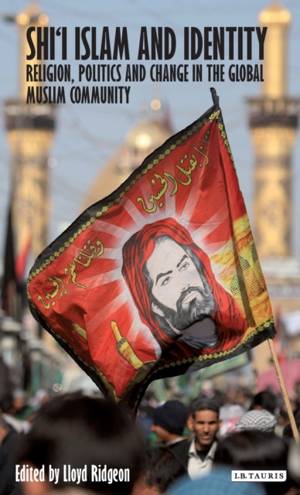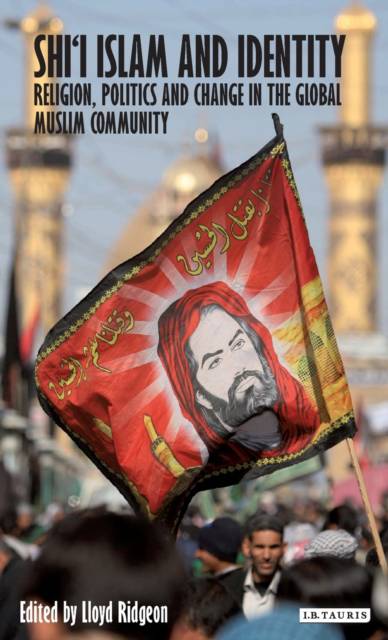
- Afhalen na 1 uur in een winkel met voorraad
- Gratis thuislevering in België vanaf € 30
- Ruim aanbod met 7 miljoen producten
- Afhalen na 1 uur in een winkel met voorraad
- Gratis thuislevering in België vanaf € 30
- Ruim aanbod met 7 miljoen producten
Omschrijving
From the Civil War in Lebanon to the Iranian Revolution of 1978-79, from the dismantling of the Ba'athist regime in Iraq to the virtual splintering of the country; and from the chaos in Afghanistan to the victimisation of the Hazaras by the Taliban. Shi'i communities around the world have suffered from wars, revolutions and hostility. These problems, in different ways, have all involved a configuration of complicated events, a heritage of historical factors and interntional power politics that defy simplistic explanations. Here, Lloyd Ridgeon brings together an investigation of the nature of contemporary Shi'ism. He and his collaborators here focus on the creation of identities- showing the diversity of thought within the Shi'i world. They demonstrate the transnational nature of Shi'i networs and the forces of tradition and modernity influencing current developments in Shi'i identity both in the Middle East and in the West.
This volume looks at both the attempts of authorities to construct a cohesive Shi'i identity (by using, for example, Iranian school books as an indicator of sanctioned facets of what it means to be Iranian) as well as the ways in which identity is created and developed by minority groups in the Diaspora. It also offers an analysis of the Hazaras of Afghanistan- so often overlooked when attempts to understand Afghanistan are made. It is this ethnic minority, which was so marginalised and victimised under the Taliban that offers an example of the trend of the rise of Islamism amongst the Shi'a. Moreover, by looking further afield to the Shi'a of Senegal, and asking the question of whether the Alevis of Turkey comprise part of the global Shi'i community, this book emphasizes the ways in which traditional patterns of social organisation are being transformed. Shi'i Islam and Identity highlights these global networks, and shows that it is inaccurate to speak of a 'Shi'i Crescnt'; rather, Shi'i worlds range from Senegal, Afghanistan, Pakistan, Lebanon, Iran and Iraq, to Turkey, Albania and to European capitals such as London and Berlin.
This book is thus of interest to those looking at modern religion and its contemporary forms, as well as those researching Shi'ism more specifically.
Specificaties
Betrokkenen
- Auteur(s):
- Uitgeverij:
Inhoud
- Aantal bladzijden:
- 248
- Taal:
- Engels
- Reeks:
- Reeksnummer:
- nr. 25
Eigenschappen
- Productcode (EAN):
- 9781848856493
- Verschijningsdatum:
- 23/10/2012
- Uitvoering:
- Hardcover
- Formaat:
- Genaaid
- Afmetingen:
- 142 mm x 218 mm
- Gewicht:
- 430 g

Alleen bij Standaard Boekhandel
Beoordelingen
We publiceren alleen reviews die voldoen aan de voorwaarden voor reviews. Bekijk onze voorwaarden voor reviews.







